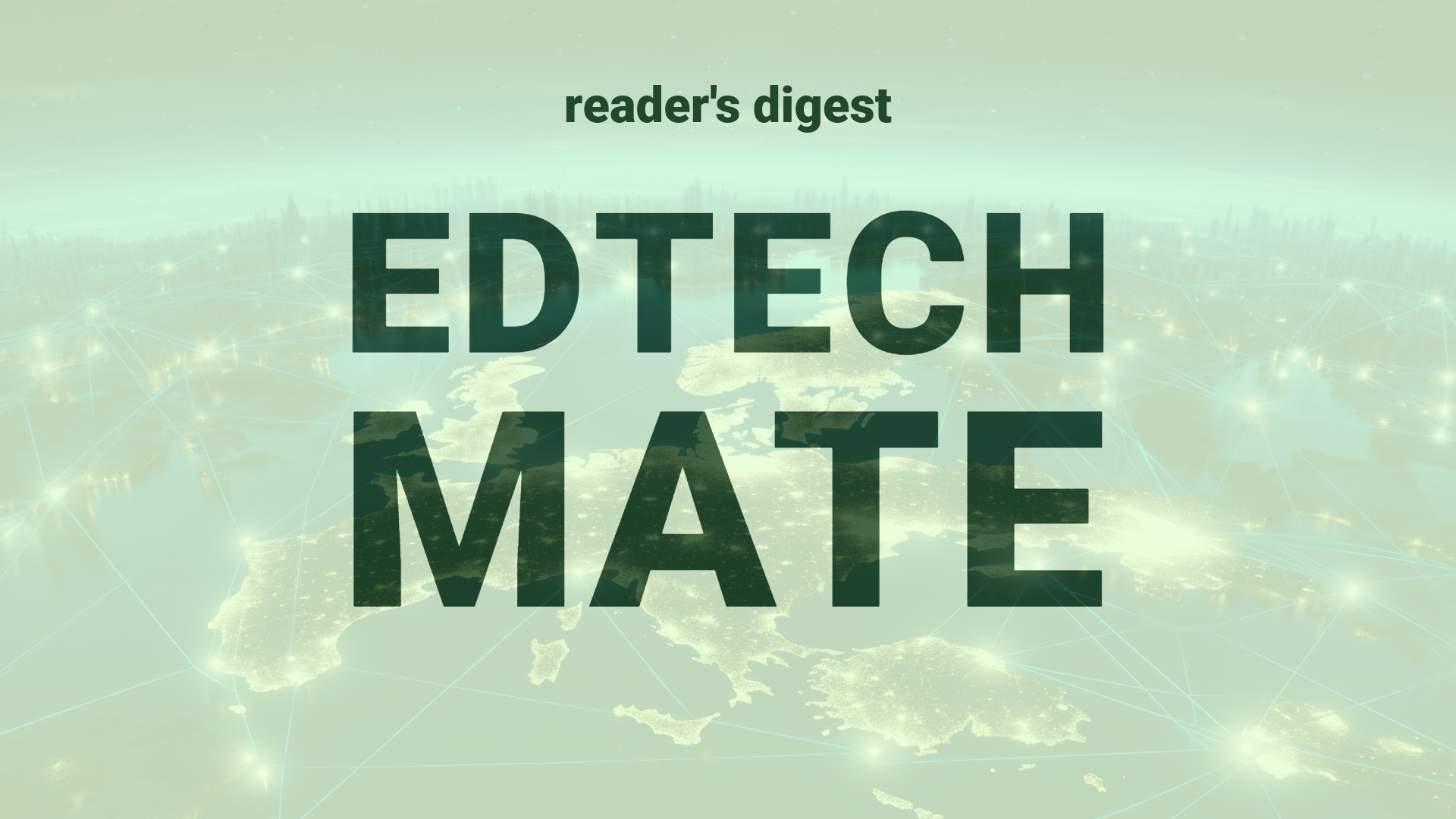Executive Summary and Main Points
Global software corporation SAP has unveiled its Open Source Manifesto, outlining five key commitments to drive open innovation and collaboration. These commitments include: contributing consistently to community projects, championing open standards, adopting an open-first approach, nurturing open source ecosystems, and embracing a feedback-driven methodology. This initiative arrives with the announcement of SAP’s Open Reference Architecture project, a major component of the EU’s IPCEI-CIS, aiming to establish a cloud-edge infrastructure for European digital sovereignty.
Potential Impact in the Education Sector
The SAP’s strategic open source contributions could significantly enhance Further Education and Higher Education by fostering inclusive digital learning environments. Given the initiative’s endorsement of open standards and collaborative ecosystems, educational institutions can expect amplified access to cutting-edge tools and resources, fostering academic innovation and operational efficiency. Micro-credentials, as a burgeoning educational trend, stand to gain from this open-source propulsion, as it highlights the role of strategic partnerships and digitalization in modern learning pathways.
Potential Applicability in the Education Sector
Innovative applications of SAP’s commitments may involve universities incorporating AI and digital tools into curriculum development and research operations, aligning with global education systems. The adoptions of Open Source initiatives can lead to the development of new educational platforms fostering collaborative research and learning, as well as facilitating international educational projects and exchanges through shared digital resources.
Criticism and Potential Shortfalls
While SAP’s manifesto heralds progress, concerns surrounding the sustainability in open source projects, the risks of dependency on corporate entities for project maintenance, and the nuances of license compatibility prevail. Comparative case studies suggest a need for vigilance when academic institutions rely on proprietary contributors. Ethical and cultural considerations must also guide the adoption of open-source commitments to ensure they are congruent with the values of the global higher education community.
Actionable Recommendations
International education leadership could actively engage with SAP’s open source ecosystem, encouraging faculty and students to participate in pertinent projects. This can inspire curriculum modernization incorporating cloud-edge technologies. Strategic exploration of SAP’s Open Reference Architecture could guide the design of future-proof, interoperable digital infrastructure for institutions. Establishing cross-sector partnerships can both diversify expertise in educational projects and mitigate reliance on single entities.
Source article: https://www.cio.com/article/2506660/sap-publishes-open-source-manifesto.html

